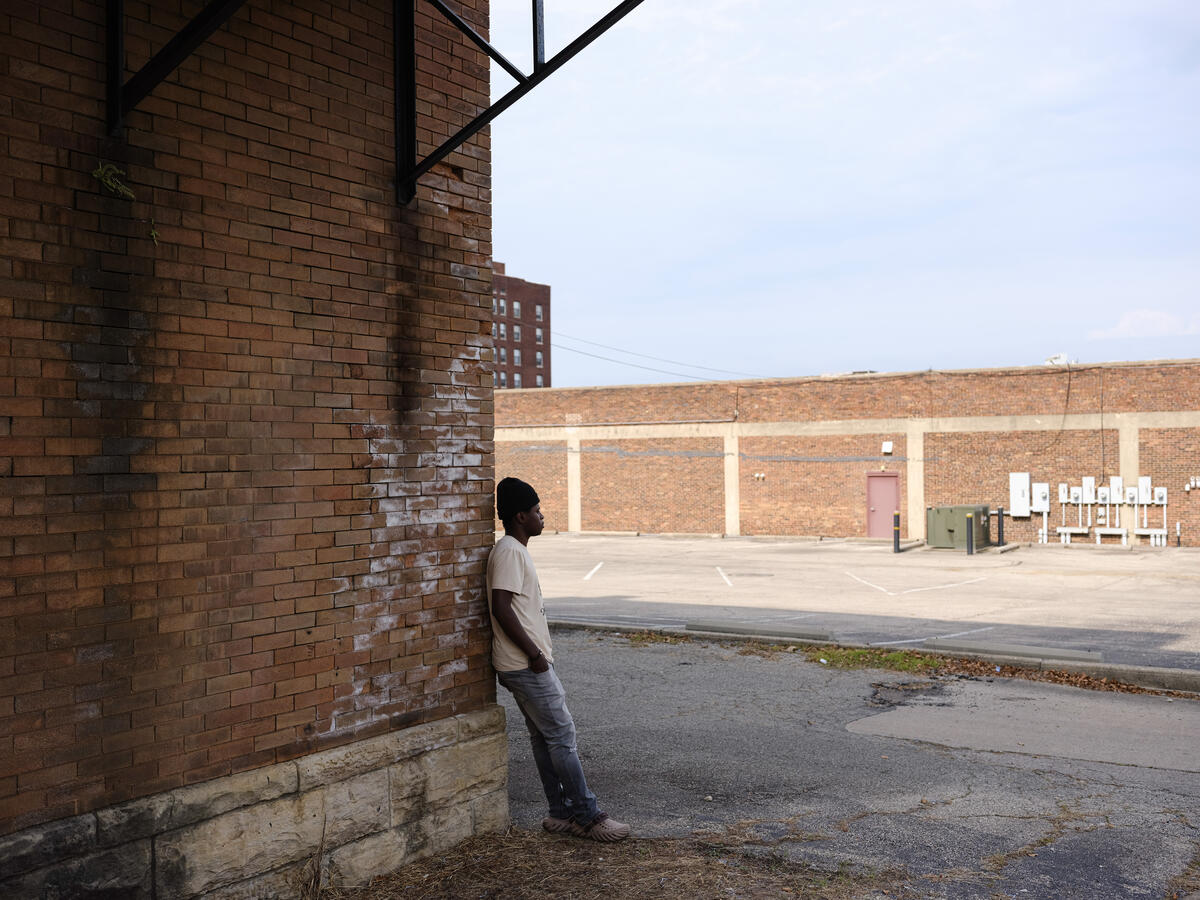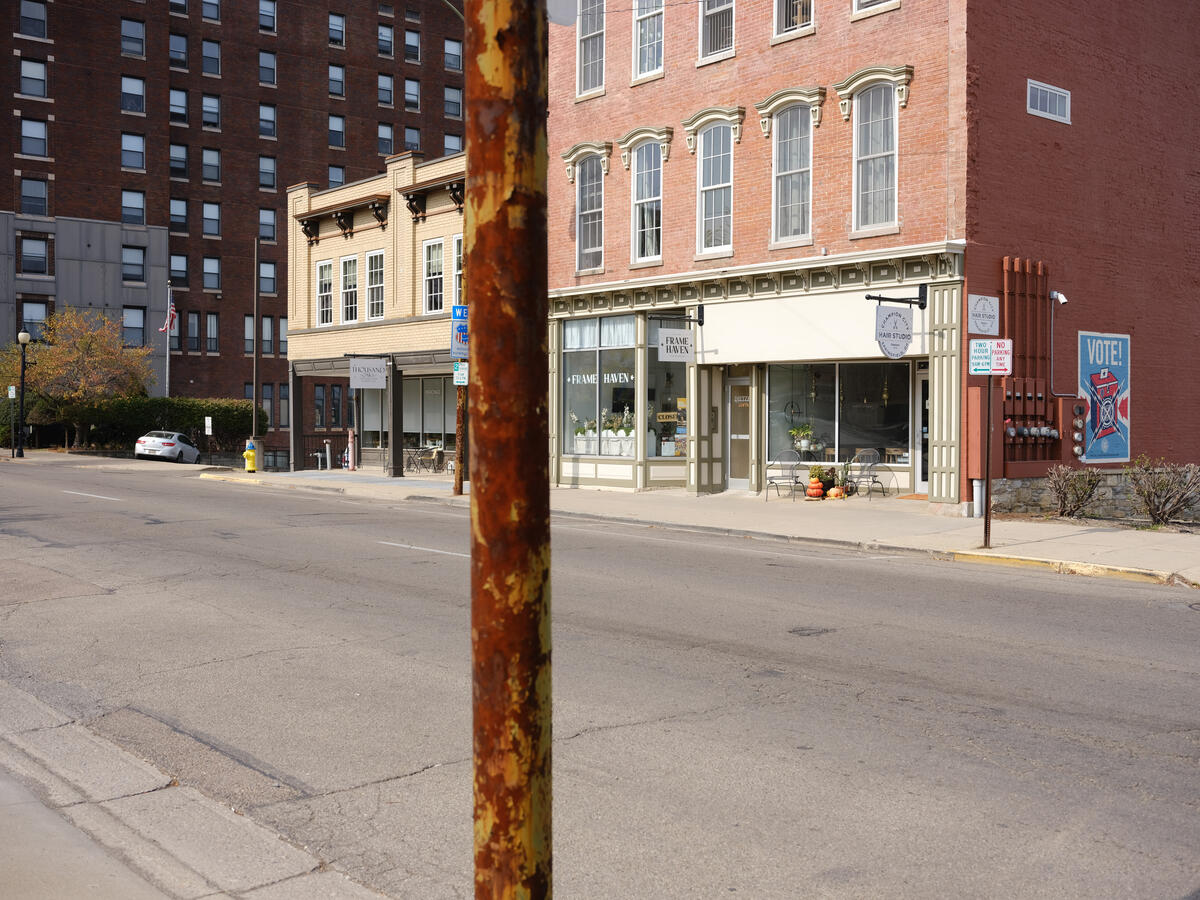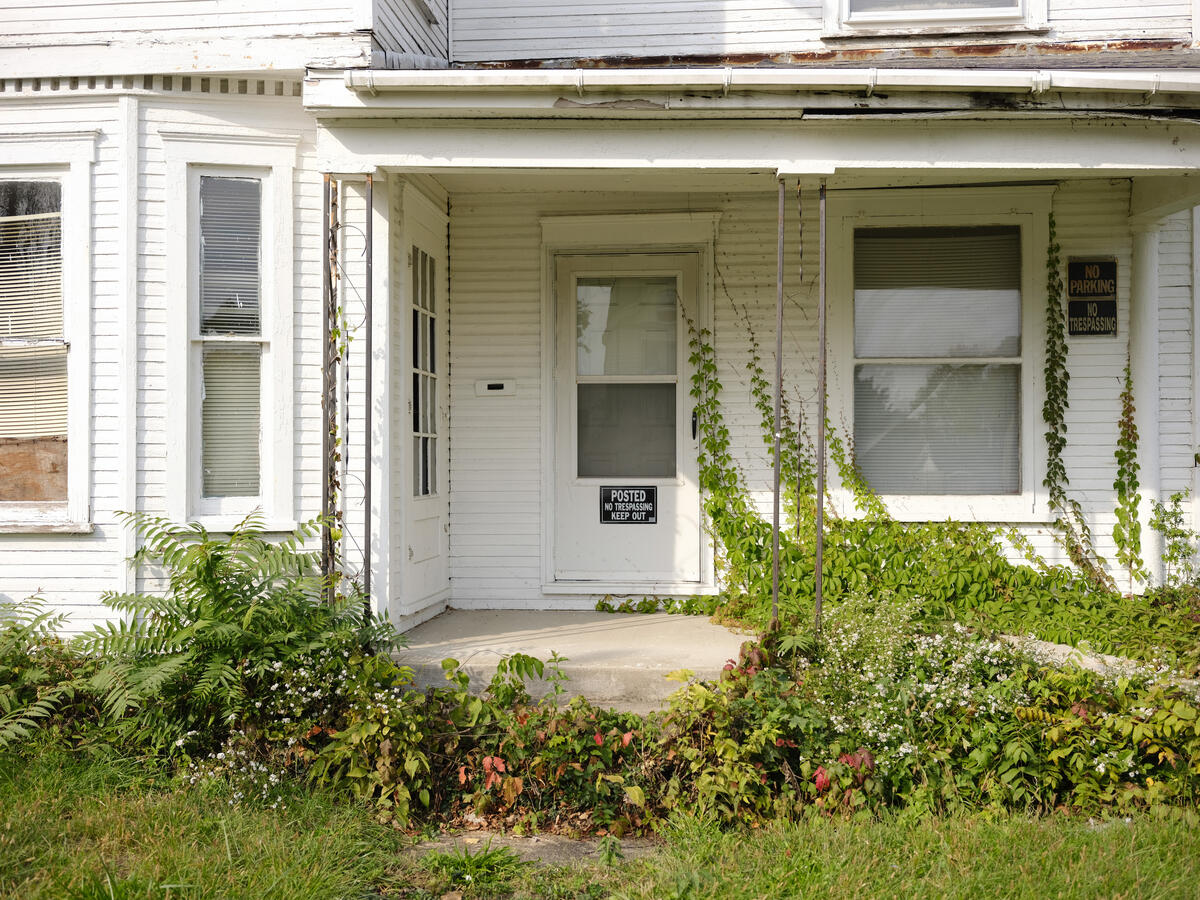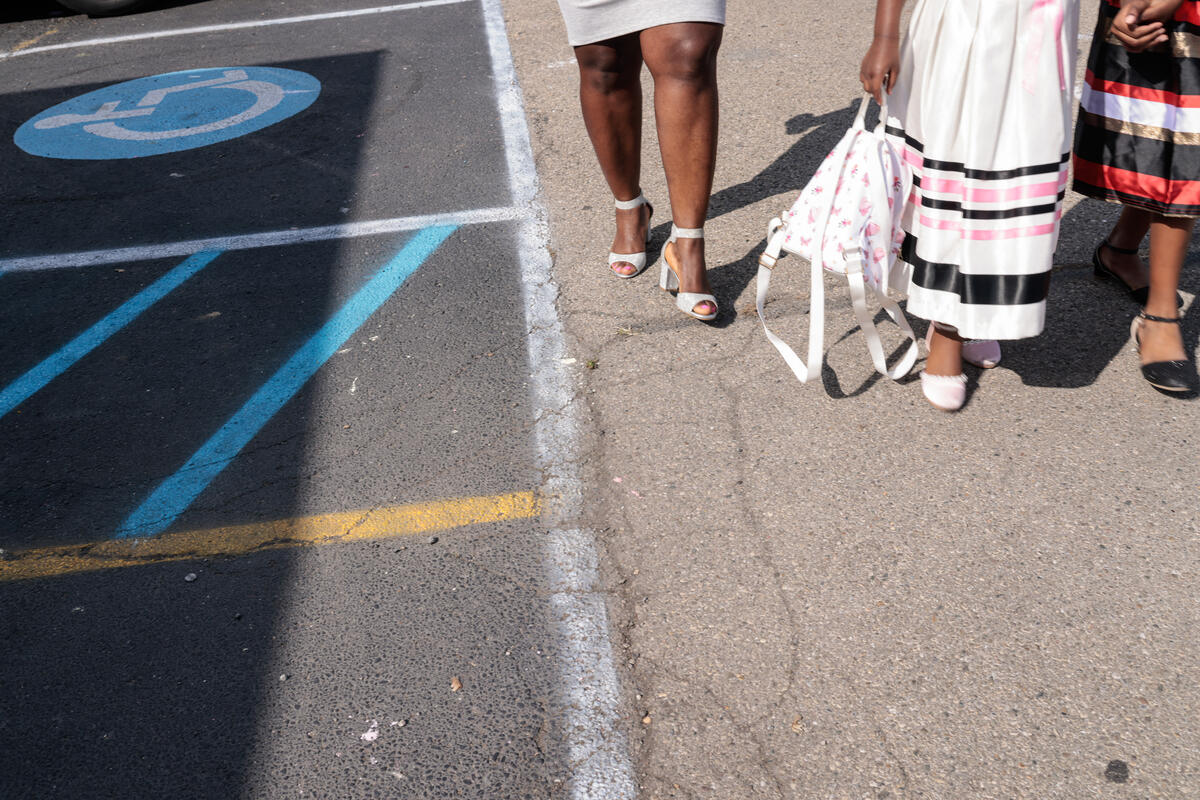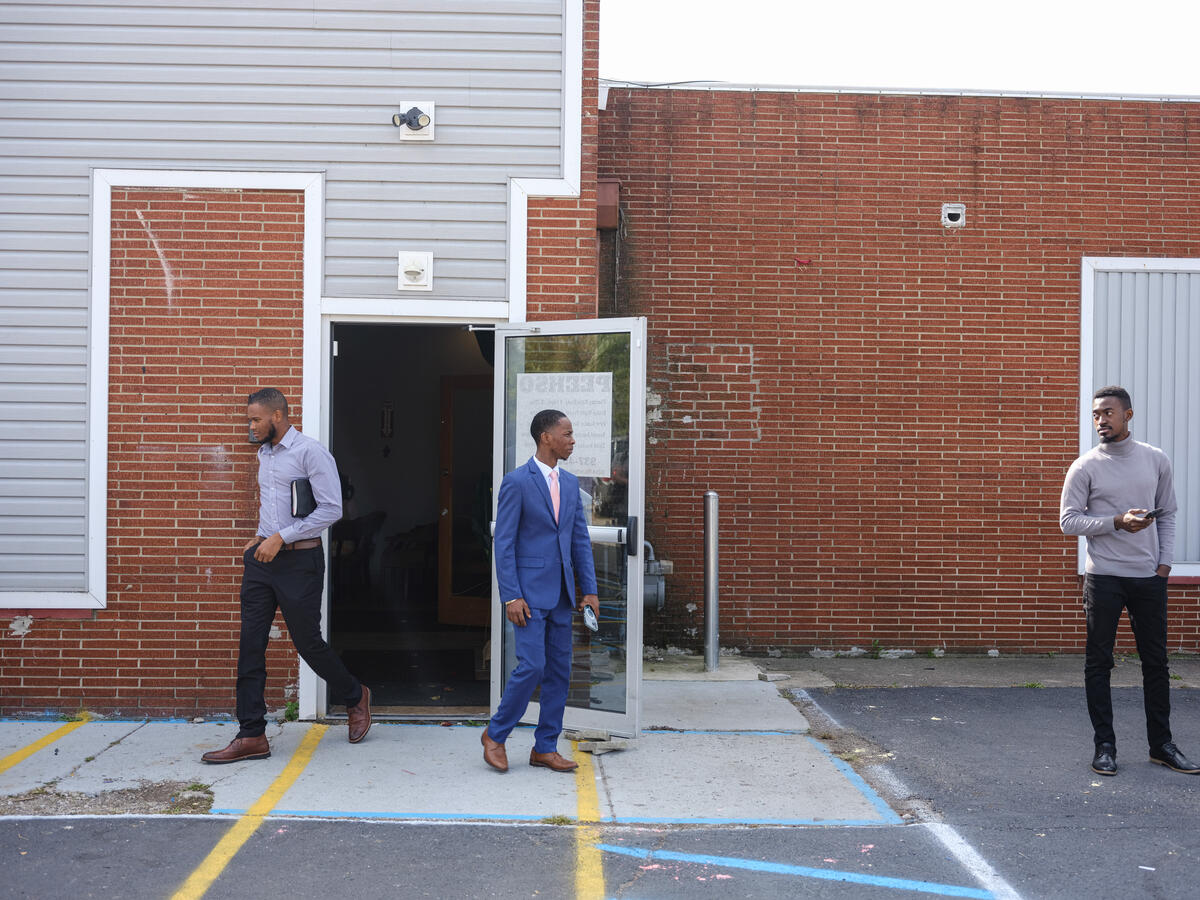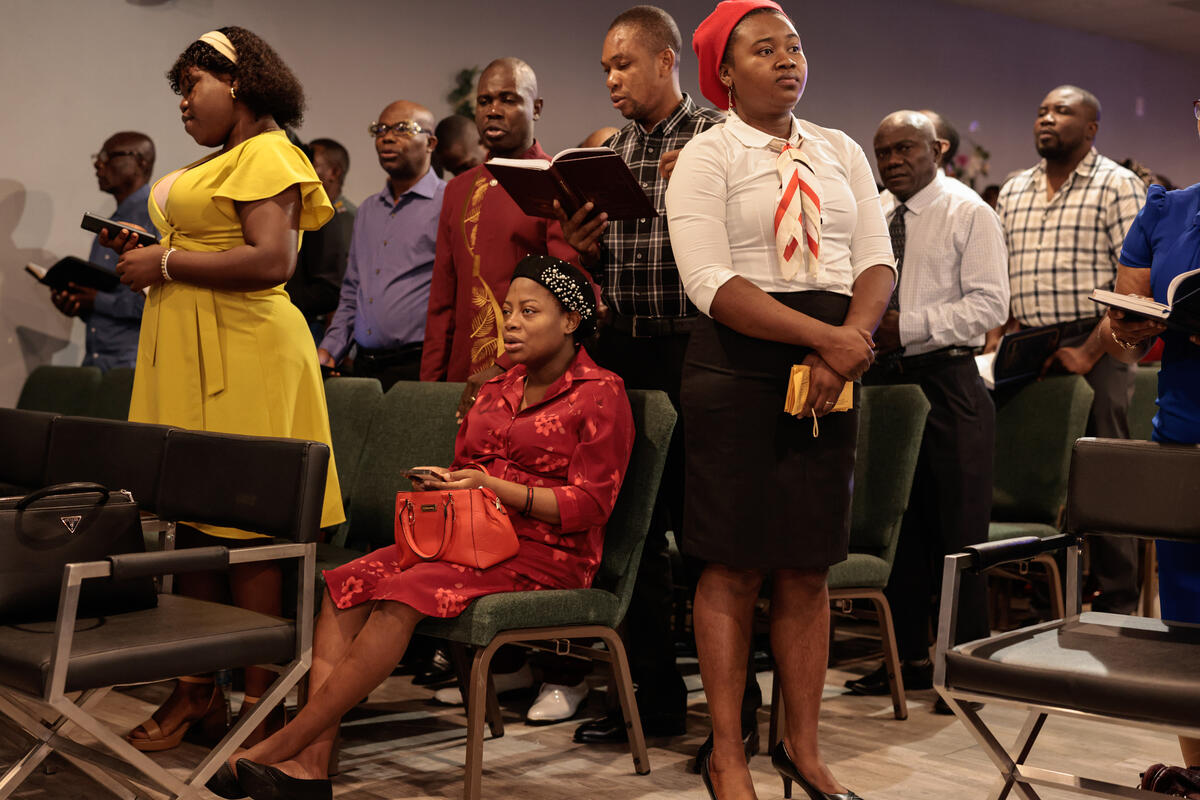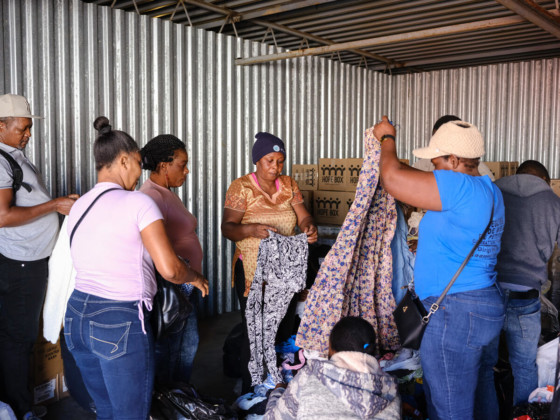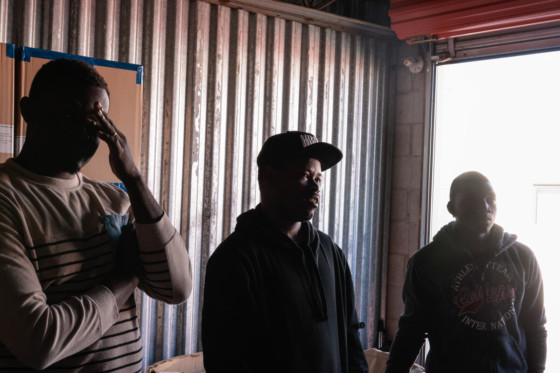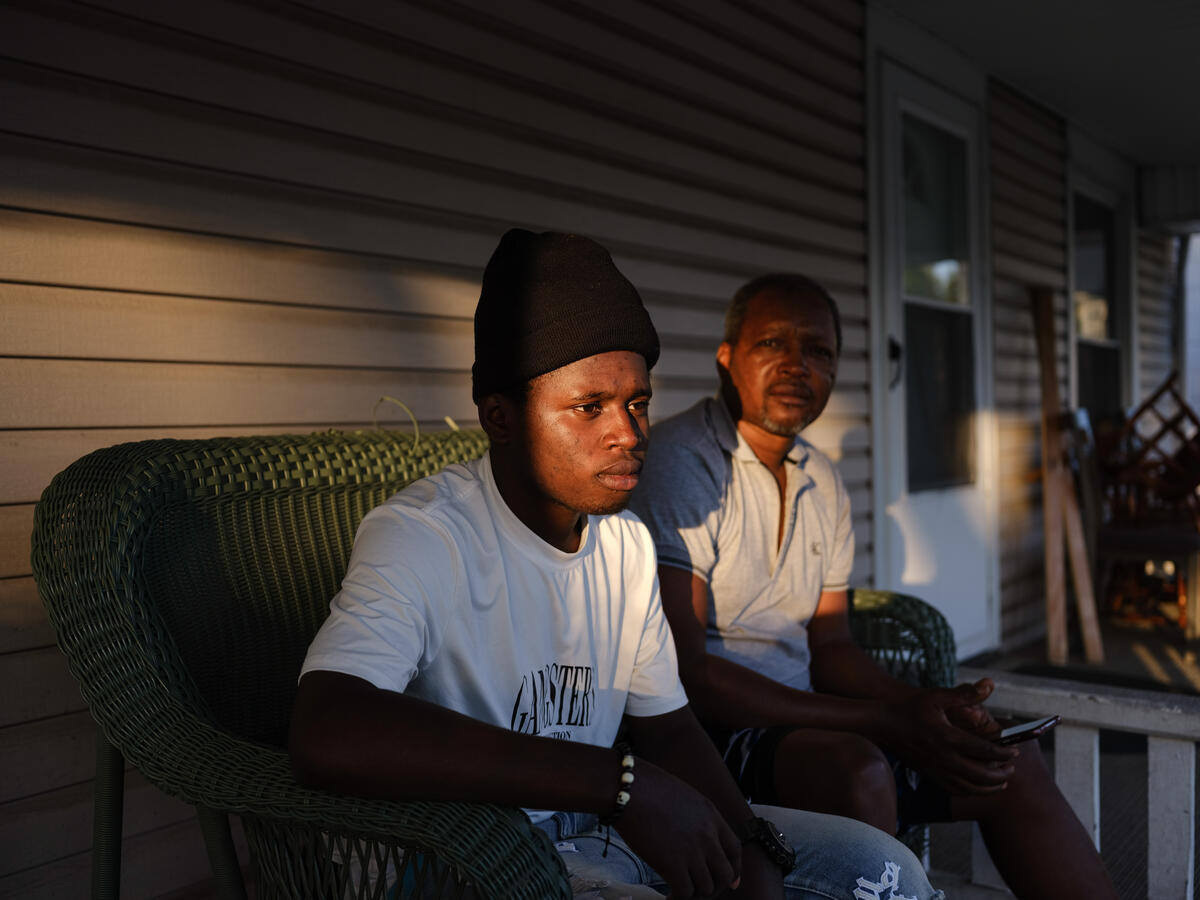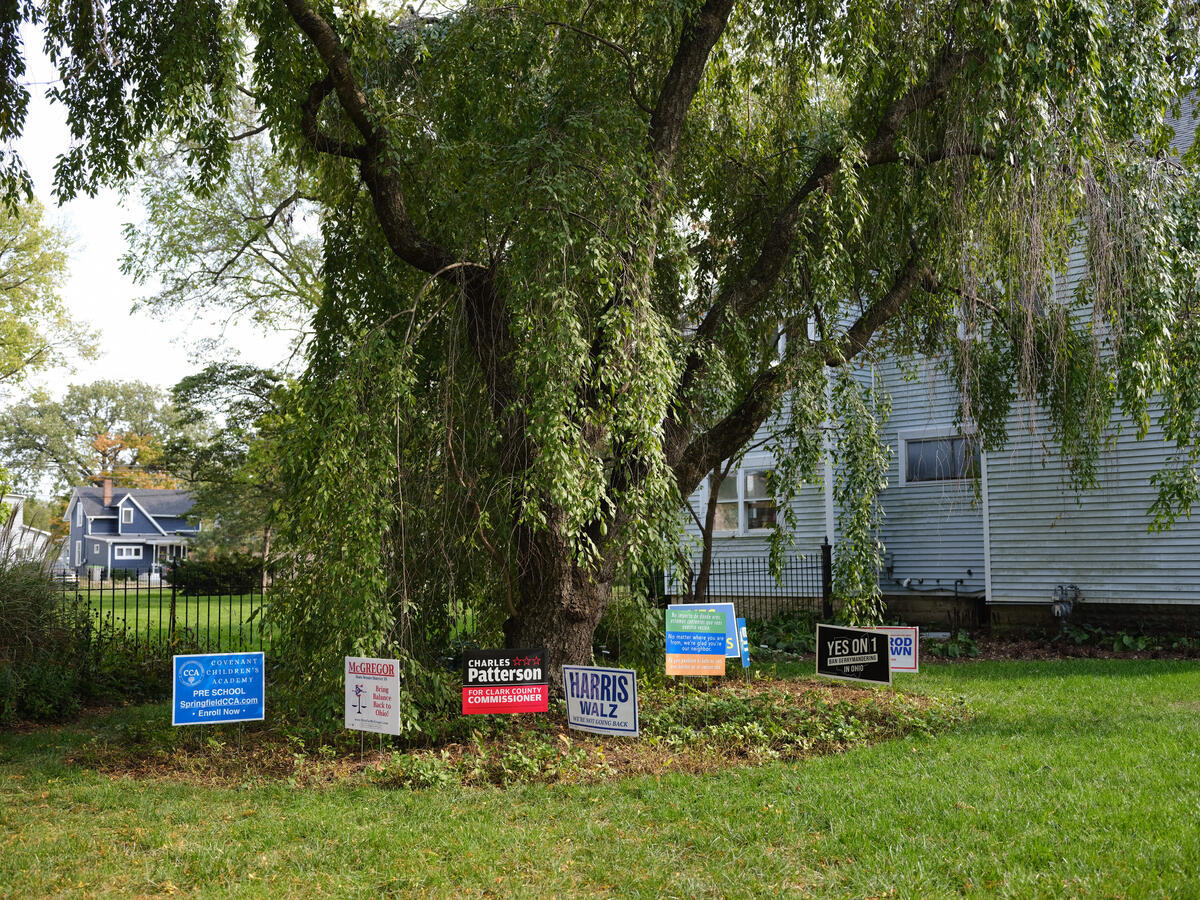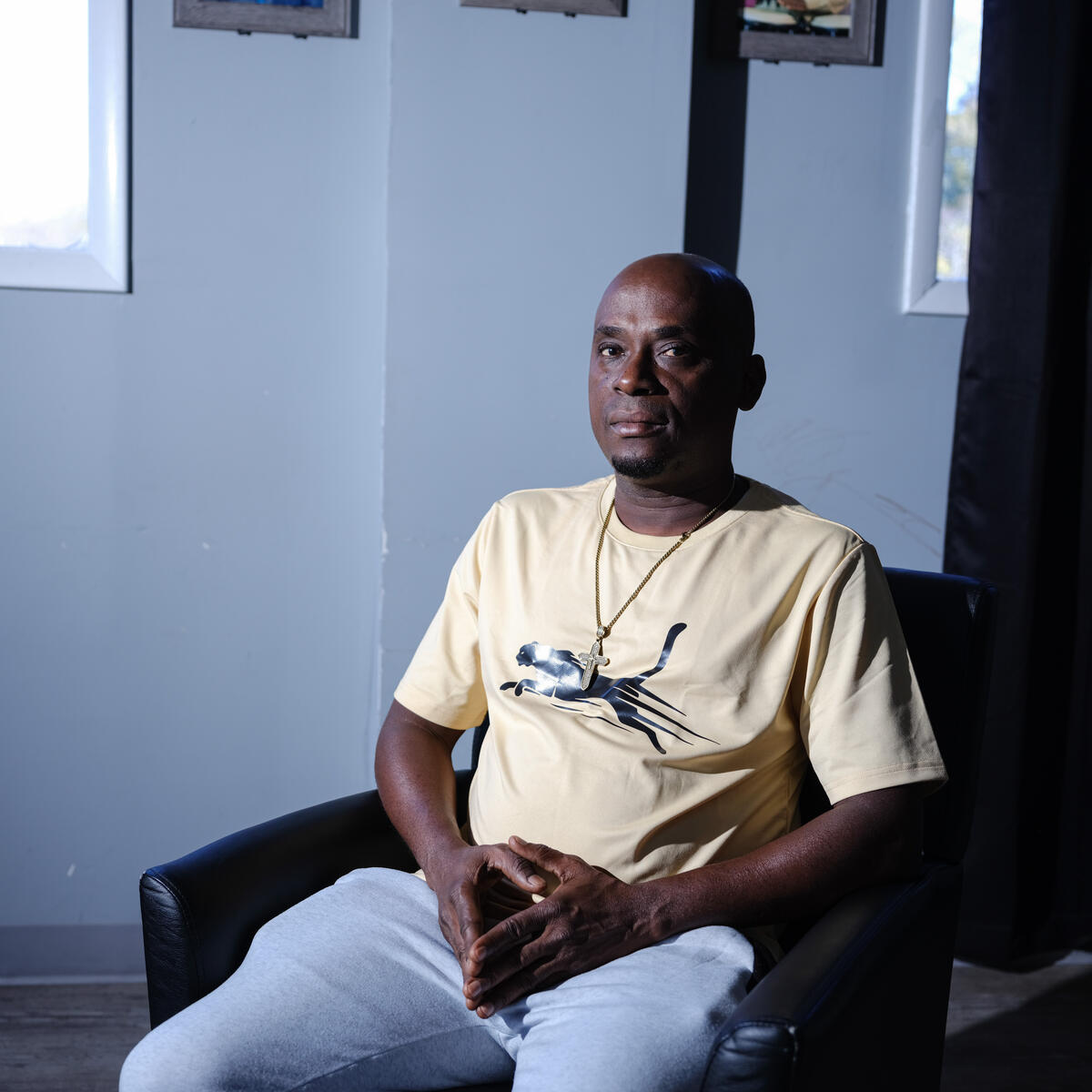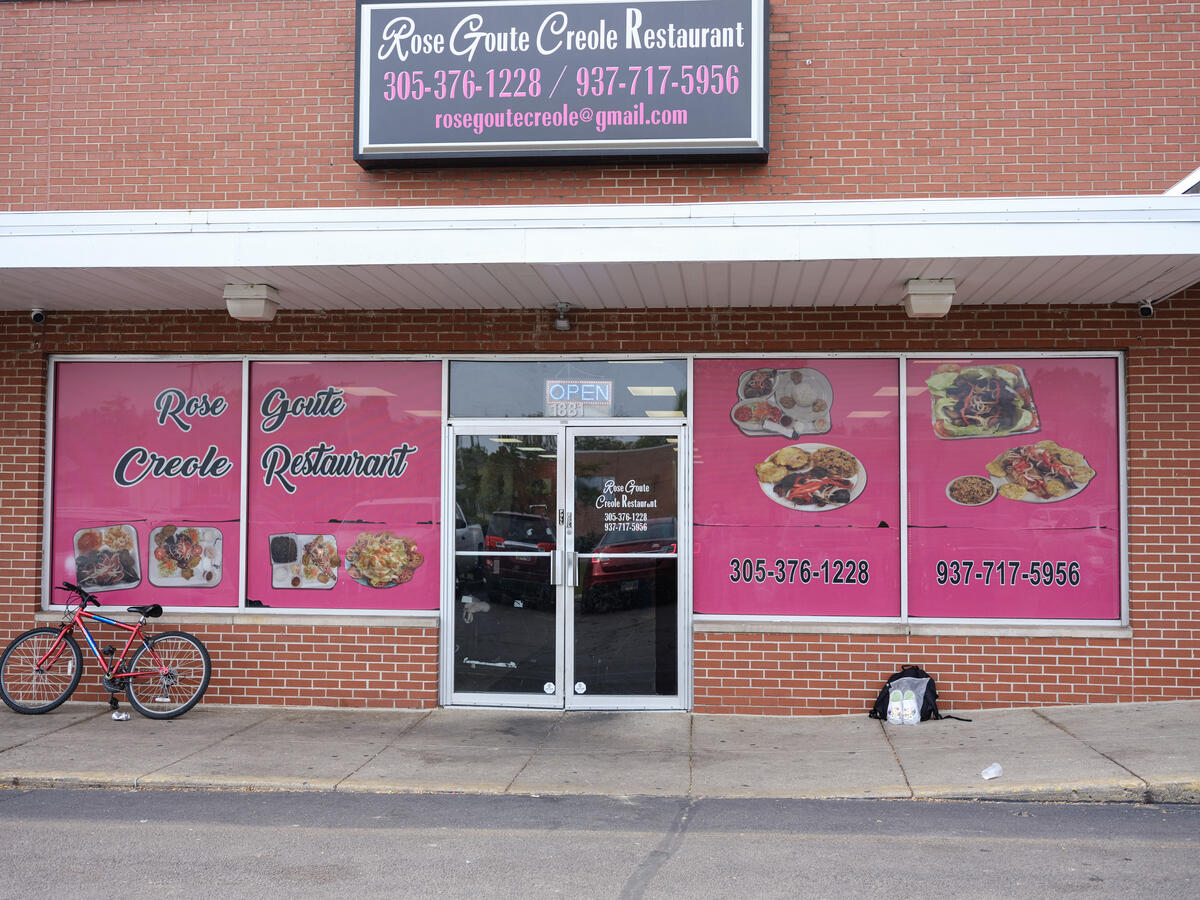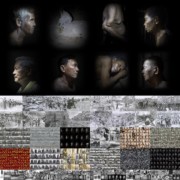U.S. Focus: The Haitian Community in Ohio
In the first story of a new collaboration between Magnum, The Nation, and the Economic Hardship Reporting Project, Jérôme Sessini travels to Springfield, Ohio, to document the lives of the city’s large Haitian community.
Six Magnum photographers have teamed up with The Nation and the Economic Hardship Reporting Project, along with independent and staff writers, to reflect on the core issues of the 2024 U.S. election: immigration, health, the economy, housing, gun policy, race, the environment and foreign policy.
Jérôme Sessini, Jim Goldberg, Cristina de Middel, Larry Towell, Susan Meiselas, and Alex Webb collaborated on this editorial publication, which calls for dialogue and reflection on the common stakes that contribute to the electoral outcome of an entire nation, going beyond the traditional six swing states and delving into issues that shape the history and future of every state, every voter, and every citizen of the United States.
For the first report in the series States of our Union, Jérôme Sessini traveled to Ohio to explore local tension in the midst of industrial decline.
“Once a thriving manufacturing center, the city now faces high unemployment and growing poverty, with its population falling from over 80,000 to 50,000. This includes 20,000 Haitians who began arriving in Springfield around 2018, attracted by job opportunities and affordable housing,” writes The Nation. “The industrial decline has exacerbated local tensions, especially after Donald Trump and J.D. Vance spread rumors about their cultural practices, further fueling distrust and weakening Springfield’s social cohesion.”
Below is Sessini’s account of his trip to Ohio in October.
I drove from Kentucky to Springfield, Ohio. I didn’t know anyone. Like many, I had watched the Trump vs. Harris debate and wanted to see for myself what mood the Haitian community was in after Trump and Vance’s remarks.
Springfield is a mid-sized city of about 50,000 people, nearly 20,000 of whom are Haitian. It’s quiet, clean, orderly, and boring. The city’s economic decline began in the 1980s. The remnants of old factories and rows of abandoned houses marked “For Sale” stand as monuments to that bygone era.
I started my investigation at the Springfield Ohio Haitian Community Support Center. Viles Dorsainville, the director, and Rose Thamar Joseph, the operations manager, welcomed me warmly. I found out that speaking French was very helpful and clearly appreciated.
“Since the nonsense spread by Donald Trump, many of our people live in fear. They wonder what will happen if he gets elected again,” they said.
The center provides Haitians with legal assistance, translation services, and English classes, among other services.
Walder had stopped by one morning and naturally struck up a conversation with me. “I’ve been here for about five months. I was in Mexico, there’s work there, but the pay is too low. Here, aside from work, there’s not much else to do,” said the 22-year-old. In fact, even on weekends, the streets of Springfield are deserted, far from the image some paint of hordes of idle Haitians roaming the streets. “Everyone’s doing overtime, even on weekends,” added Walder, who now lives in Springfield with his uncle and aunt.
He fled his home country because there was no other way to live and work than to join one of the many gangs, which he said are a real danger.
Jonas, 35, works at Amazon in Columbus. “There’s not much work in Springfield itself. The big companies hiring are in Columbus or Dayton,” he said. He added that he was insulted several times after Trump’s comments in September, but he shrugged it off. “Even if Trump wins, he can’t send us back to Haiti. Politicians lie to seduce a particular constituency. We know all about political tricks from Haiti,” Jonas added.
The man in his mid-30s shares a $1,300-a-month house in Limestone South, a largely Haitian neighborhood, with other fellow Haitians to split the cost. People there eye strangers wearily from behind their curtains — especially photographers.
Three middle-aged men, African-Americans, pulled up next to me in a gray 4×4 with the window down.“Why the fuck are you taking pictures? You look weird, man. Got any ID?” they said. After a cordial conversation, the men apologized and left as quickly as they’d arrived. “I don’t understand why Americans are so rude and ill-mannered,” said Jonas, who witnessed the scene.
As we were leaving the Creole restaurant “La Rose Gouté,” a bald man who identified himself as a journalist from Detroit approached Walder and me, without saying hello. He immediately began interrogating Walder in Creole, bombarding him with questions. “He thinks he can trap me, but he’s wrong. He wants me to say that Springfield is better than Haiti, but no. I’m here because I had no choice. I had to flee Haiti. My mother was kidnapped by gangs, and we had to pay. My father’s in Chile. Frankly, I’m fed up here. The companies aren’t hiring much, and you have to speak English. I’m going to try my luck in North Carolina.”


